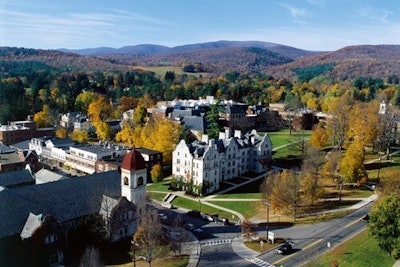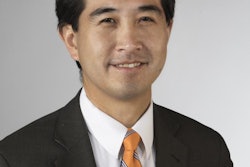Williams College faculty voted 81-5 to approve the creation of an Asian American studies (AAS) concentration beginning Fall 2023, The Williams Record reported.
The vote – done at a Dec. 7 faculty meeting – will make Williams the first small liberal arts college in New England to establish such a program, according to Dr. Stephen Tifft, chair of the Committee on Educational Affairs (CEA) and professor of English.
An AAS program at Williams is a long time coming, having seen 34 years of activism by faculty, alumni, and students in support of instituting AAS.
“In our op-ed from a couple of months ago, we wrote that we hoped that this movement wouldn’t ever reach its 35th year,” said Frances Leung, co-chair of the Asian American Studies in Action (AASiA) advocacy group. “Even when we wrote that, there was this sense of reality that it probably might reach its 35th year. The fact that it won’t, because it just got passed today, is proving my doubts wrong… It’s very happy and very surreal.”
The five-course concentration will require one 100- or 200-level introductory gateway course, a 400-level senior seminar with a capstone project, and three electives across at least two academic divisions.
The proposal for the program argued for the need for AAS given the U.S.’s history of anti-Asian racism and the upsurge in attacks against Asian people during the pandemic, such as the March 2021 Atlanta shooting killing six Asian American women.
“Indeed, this legacy has structured Asian American racialization not only politically and legally, but also culturally, intellectually, psychologically, economically, and symbolically,” the proposal read. “A strong and well-supported Asian American studies program can teach the history merely touched upon here, thereby impacting communities large and small.”
Another argument in favor of the program was about just how beneficial it would be for Williams’s students.
“Students taking Asian American studies courses time and time again remark on how significant the courses are for learning about identity; how vital Asian American community-building is for mental health and coping with racism; and how an AAS program would be a formal acknowledgement of the lived experiences of Asian Americans by the institution,” the proposal read. “These are aspects of institutionalization we consider inseparable from their academic import.”















